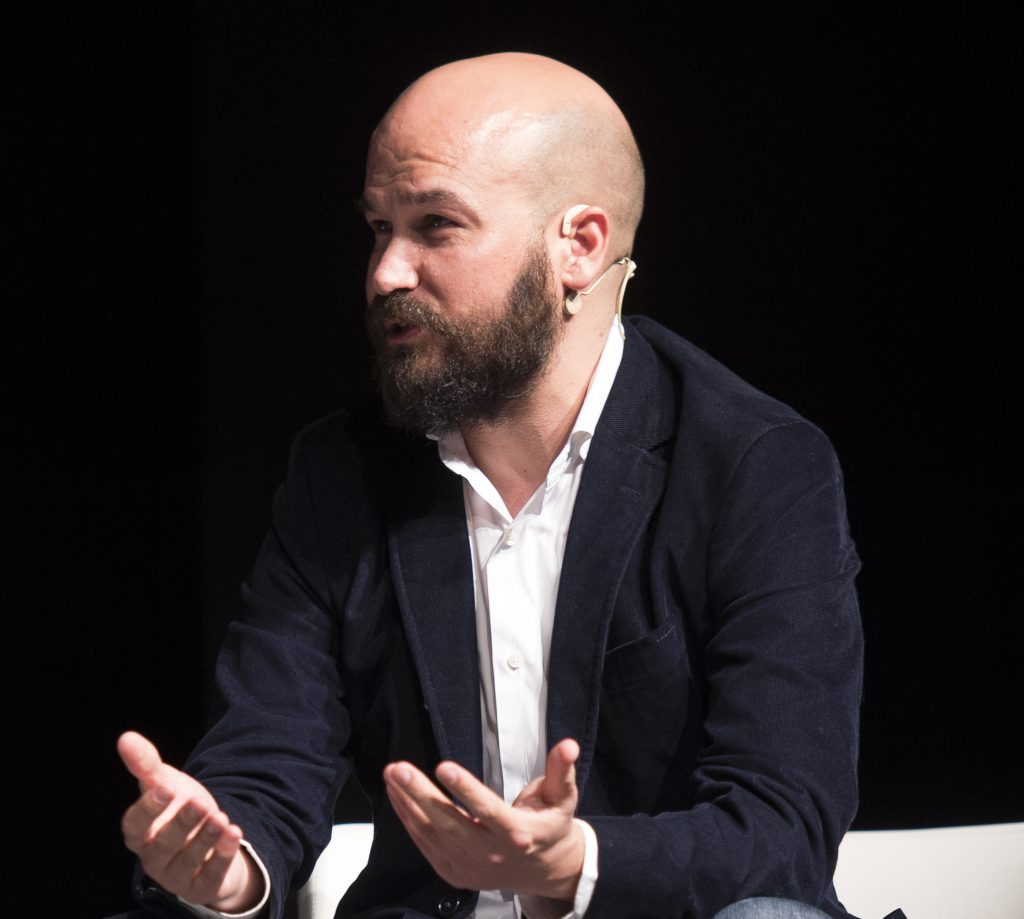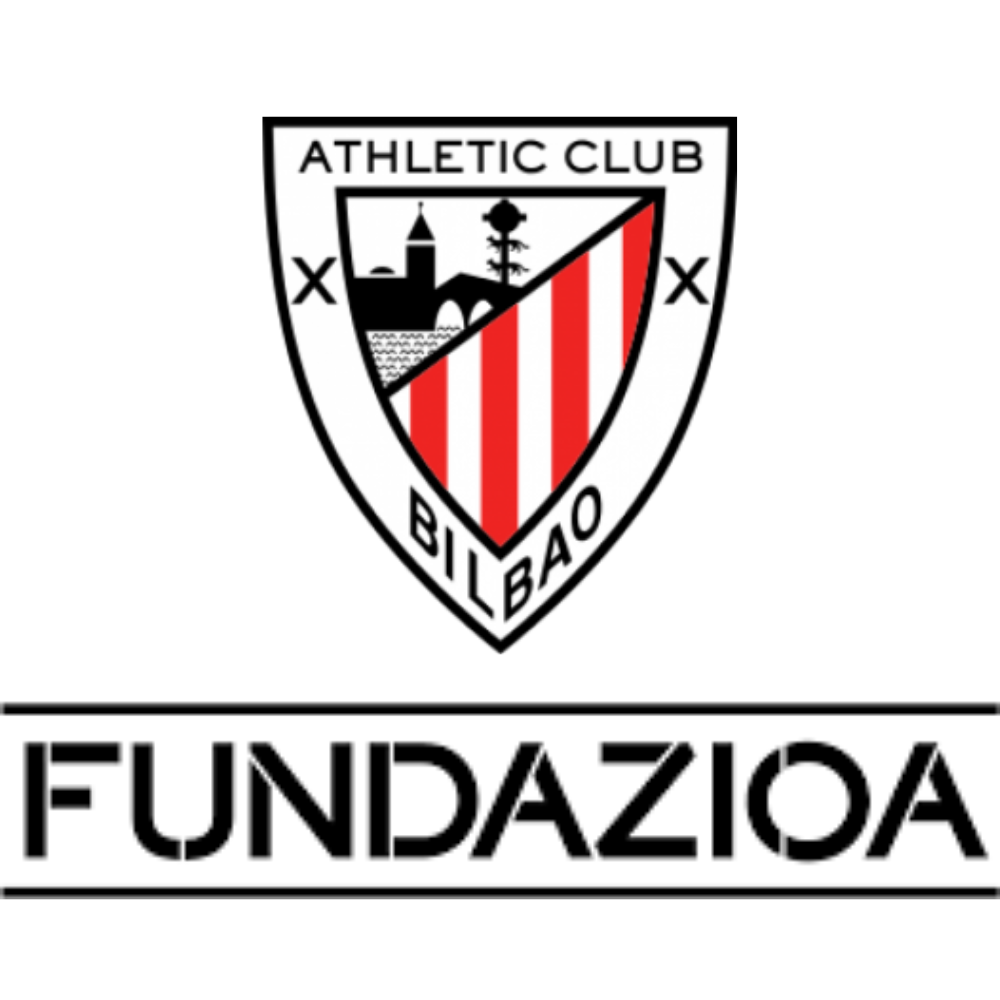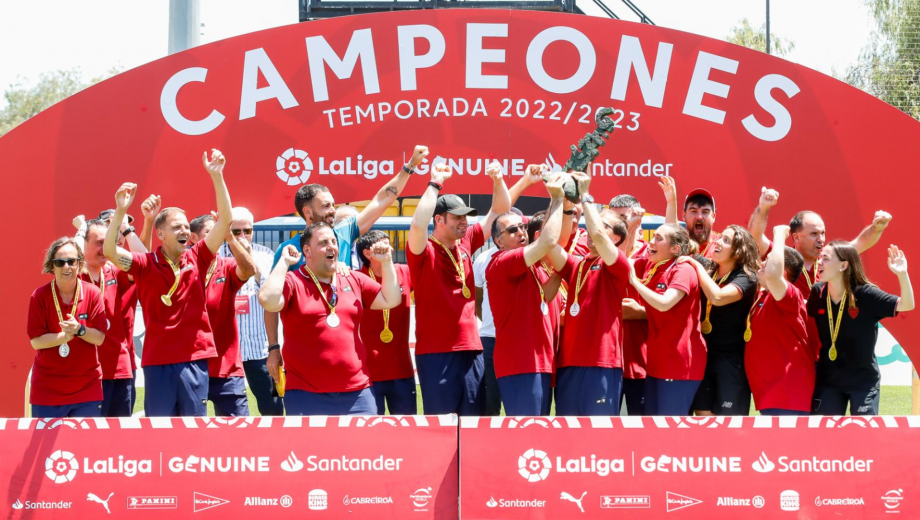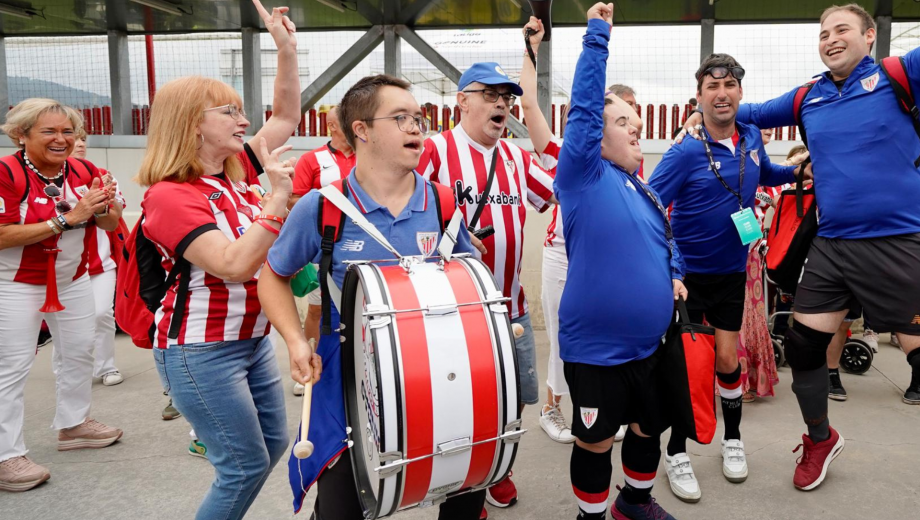EFDN Interview- Galder Reguera from Athletic Club Fundazioa
The next EFDN Interview features Galder Reguera, the Projects Manager at Athletic Club Fundazioa.
Galder Reguera is responsible for the activities of the Athletic Club Foundation. He has a degree in Philosophy from the University of Deusto and studied History of Art at the University of the Basque Country.
Galder is also a writer and has produced publications such as ‘Libro de familia’.

EFDN: What is a typical day in your role like? What do you love the most about working for the club/foundation?
Before the COVID crisis, I suppose like everyone else: meetings, projects, balance sheets, etc. We are a team of about ten people in the office, plus several working in the field. I miss them a lot (I don’t know if they miss me, haha).
The best thing about working at the Foundation, I think, is the feeling of being able to build a slightly better society, while being an ambassador for the club (my biggest childhood dream was to play for Athletic Club!). Look, I remember an occasion when a colleague and I went to the local public hospital to propose an idea aimed at helping the process of making treatments for children more humane, to make them more child-friendly Stickers-medals were given to children who are undergoing treatment, diplomas signed by the captains of the men’s and women’s teams to certify that the patient has behaved like a true champion. The emergency rooms were also redecorated. When my colleague and I were standing outside the hospital waiting to go in, we looked at each other and realised how lucky we were. We had made an appointment at the hospital to lend a hand and help all the children in our community. How many people start a work week that way?
EFDN: What are the main target areas of your foundation?
Our project is divided into six main areas: social, cultural, sports and environmental projects, training and development projects and those relating to Basque, which is the language of the Basque Country. In reality, they’re all interconnected. One area cannot be understood without the other: there cannot be a cultural project without considering the social part and there cannot be a social project that does not address environmental issues, for example.
EFDN: What is the foundation’s most successful programme? Can you please explain in more detail what the project is about, including the projects main aims and objectives and the impact this programme has had, within the community?
I would not say that one programme is more successful than any other. In the end, everyone has their own goals and we understand that a programme is successful if it meets them. For example, the Ahalegina project, which is aimed at improving the quality of life of children with intellectual disabilities, cannot be compared with BertsoDerbia, which is a duel between poets who improvise in Basque that we organise as part of the local derby.
Perhaps what sets us apart from other foundations in the world of football is that I think we are the only football club in the world that has a cultural programme in the city every year. We are currently organising a film and football festival called the Thinking Football Film Festival and a festival of literature and football called Literature and Football, among other events. We view cultural projects as a tool for thinking about the role of football in contemporary societies and also as a way of building bridges with the world of culture. We have been working on this project for more than ten years and we are very proud of it.
EFDN: What kind of initiatives are you currently delivering to help to overcome the COVID 19 crisis?
Like everyone else, the crisis caught us off guard. Our social work is mainly in the field. We have had to work hard on switching everything over to the digital realm, so as not to leave our users to their own devices. Currently, we are organising weekly work sessions involving all of the social projects. We have also made donations of supplies and the club has been working with the public health authorities, providing facilities, making a financial donation and carrying out motivational campaigns. To be honest, the entire structure of the club has reacted fantastically.
EFDN: What makes the role of clubs and their foundation’s so important during this crisis?
Football clubs are very important to people because we are the symbols that bring them together with people who love them. We are all supporters because of someone we love, from whom we have inherited the passion for our club. Now is the time when those people need to see that their club is still there. This is done by working with the authorities, setting up social projects and also by being at the side of the supporters. At Athletic Club, for example, we have phoned all the older members to see how they are doing, if they need anything, and to let them know that the club is there if they need it. Thousands and thousands of calls have been made, involving all parts of the club, from the staff in the member’s office to the president and players. Many of the club’s employees have also wanted to take part in this work on a voluntary basis. One of them told me how lucky he felt to have made those calls, the wonderful experience of talking to one of the club’s members who had been a member since 1950 and the member’s joy at receiving a call from Athletic Club at this time of uncertainty.
EFDN: How do you stay safe, healthy and fit? Do you have any tips or advice?
We had been working from home even before the lockdown was ordered. The club and the Foundation have been very careful when it comes to the health of the workers. For now, we’ll keep it that way, gradually getting back to normal as we can.
As far as keeping fit… my favourite exercise during lockdown has been chasing after my kids to clear up their rooms and do their homework. That keeps me in shape. Tips? None, I wouldn’t dare. Do some sport as much as possible and read a good book.
EFDN: What are your (foundation’s) goals for 2020 and the near future?
Right now our main focus is on expanding our projects to try and help mitigate the social consequences of the COVID crisis. We will be going through difficult times for two or three years, with a lot of unemployment and job insecurity. We have to be there. That’s what we’re obsessed with now, being able to cope with the coming situation..
EFDN: We believe that Football is #More than Football. Why do you think your foundation is #morethanfootball?
Athletic Club’s greatest strength, what makes it strong, is its people. Unlike other clubs, we play with home-grown players and this makes the bond between the fans and the club stronger. The passion for Athletic is something that transcends football, it touches every aspect of everyday life. There are a lot of people here who don’t like football, but they still support Athletic Club. This means that we have to collaborate with society far beyond football. Because Athletic is important to everyone.
EFDN: To whom would you like to #passiton to, and why?
We have a great relationship and friendship with our colleagues at the Real Sociedad Foundation. On the pitch, we are passionate rivals, but the foundations work together, for example, to organise BertsoDerbia. We often talk about something that is fundamental: understanding football rivalries as a legacy. As a fan, I really enjoy our derbies: the supporters mix, and we’re rivals on the pitch, but brothers and sisters in the street.
I’d like to make a proposal to them. The theme could be Culture, as they have also been working in that field for a couple of years.
If you want to know more about Galder Reguera and his work at Athletic Club Fundazioa, then you can visit his LinkedIn profile.
- Have a look at the other EFDN Interviews and follow #EFDNInterview on Facebook, Twitter, Instagram and LinkedIn for the newest updates.

Sport- Athletic Club Foundation




